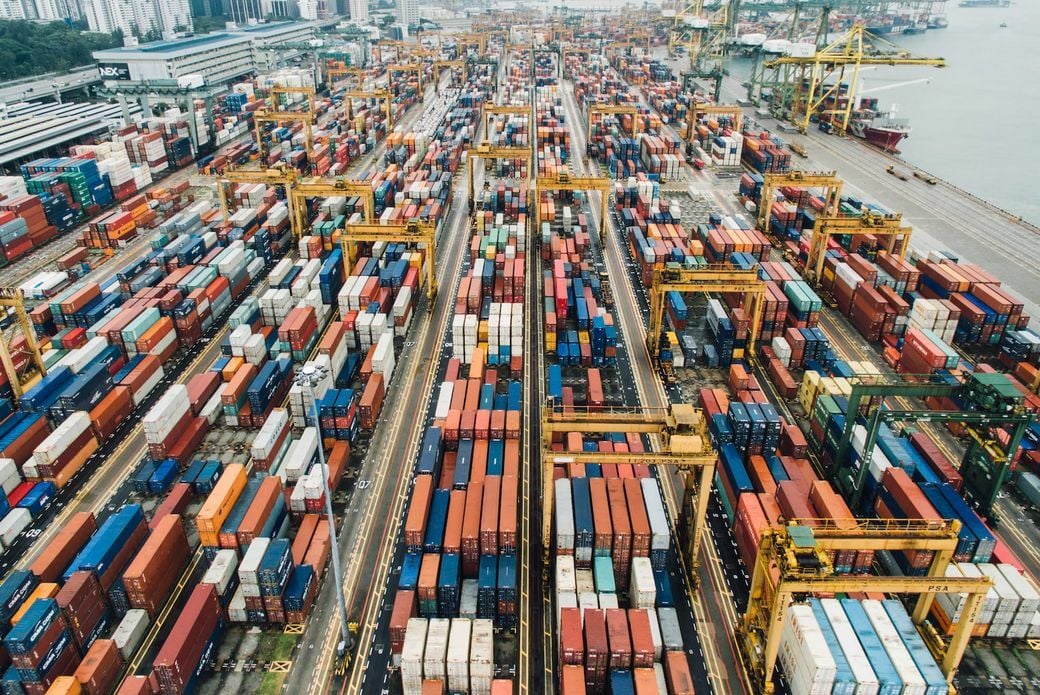Thailand’s cabinet approves one-year import permits for animal feed raw materials

The cabinet has greenlit policies for next year’s import of raw materials required in animal feed production, such as animal feed corn, soybean meal, and fish meal. The intention behind this move is to back local production.
A significant change in this year’s policy is the annual approval of import permits, a reduction from the previous term of three years. This alteration aims to ensure fair price acquisition of farm products nationwide.
The existing import permits, granted for 2024-2026, are set to lapse this December. The cabinet’s decision to continue in place the previous import policies and measures is aimed at managing raw material quantities sufficient to fulfill domestic demand, while also providing adequate protection for farmers and other stakeholders in the agricultural system, as per government spokesperson, Chai Wacharonke.
For example, the import tariff for unrestricted quantity and duration soybean meal under the World Trade Organization import quota remains at a 2% rate for the 11 eligible importers. The Food Policy Committee’s chairperson would determine the necessity and appropriateness of any new importer applications for import rights.
Conversely, out of quota, the tariff rate stands at an imposing 119%. Chai also stated that imports under other trade agreements, like the Asean Free Trade Area and the Thailand-Australia Free Trade Agreement, which both incur a 0% tariff, would adhere to binding agreements. Imports from countries without a trade agreement are subject to a 6% tariff and an additional duty of US$73.03 (2,519 baht) per tonne.
He said…
“The cabinet’s decision to grant import permits for only one year was to promote government schemes to expand areas for animal feed crop cultivation such as corn and soybeans in the country.
Production in Thailand is insufficient to meet domestic consumption needs,”
The cabinet’s decision to grant import permits for only one year aims to boost government plans to increase the cultivation areas for animal feed crops such as corn and soybeans in the country, reports Bangkok Post.
He added…
“To ensure a guarantee, feed producers must adhere to the agreement to purchase all products domestically and at fair prices.”
Feed producers must adhere to the agreement to purchase all products domestically and at fair prices to ensure a guarantee. The estimated production of maize for animal feed this year in Thailand is 4.9 million tonnes, while the demand is 8.35 million tonnes. The soybean meal production is predicted at 2 million tonnes, with a demand of 4.2 million tonnes. For fish meal, production is projected at 300,000 tonnes, with demand at 600,000 tonnes.
In related news, Crisis at sea: Attacks threaten 1.31 trillion baht trade route.
Latest Thailand News
Follow The Thaiger on Google News:


























